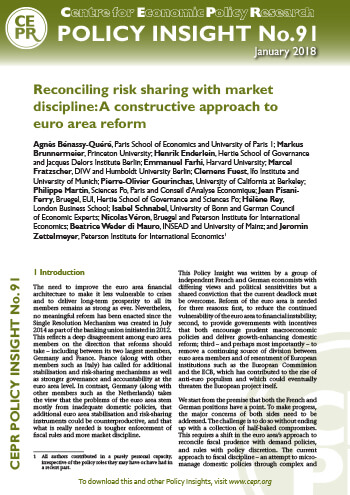External speakers

Isabel Schnabel
Member, German Council of Economic Experts
Isabel Schnabel was appointed to the Economic Advisory Council in June 2014. She is specialized in the study of financial markets.
Professor Schnabel lectures in Financial Economics at the Johannes-Gutenberg University in Mainz, is a research affiliate at the Centre for Economic Policy (CEPR) and at the Max-Planck Institute for Research on Collective Goods. She is also Deputy Dean of the Graduate School of Economics, Finance, and Management (GSEFM). Her primary fields of research are banking regulation, the “too big to fail” phenomenon and financial crises, under both current and historic perspectives.
Isabel Schnabel completed her PhD in Mannheim on the topic of links between macro-economic risks and financial crises. She was a visiting postdoctoral fellow at the Harvard University and has researched at both the London School of Economics and the International Monetary Fund. She is a member of the Administrative and Advisory Councils at BaFin, the German banking supervisory authority.
Isabel Schnabel was born in Dortmund in 1971, is married and has three children. She lives in Bonn.














